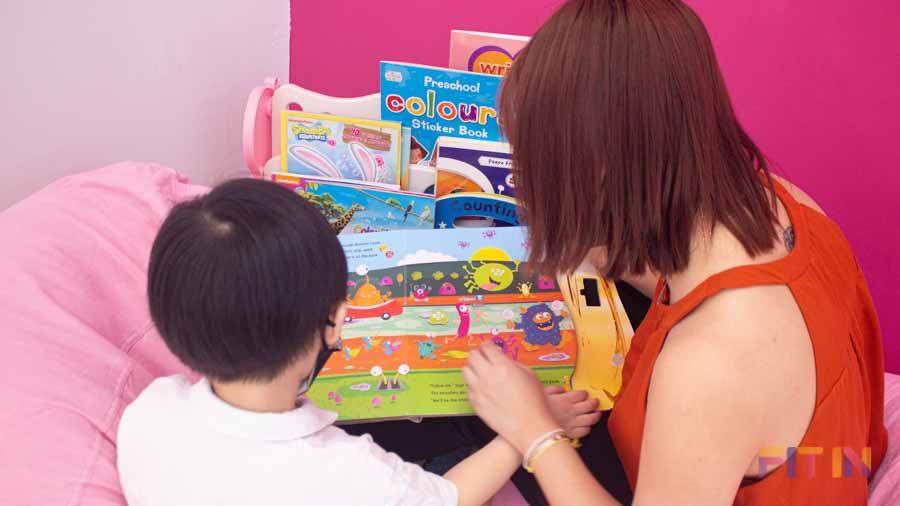Is speech delay a sign of autism? This is a question that many parents have, because they don’t know whether speech issues indicate early autism or not. The truth is that speech delay can be common among kids with autism, but also in kids without autism. We have regular speech delay, but also speech delay pertaining specifically to autism. Before you enroll your child into speech therapy, you do need to understand how to differentiate those 2 types of speech delay.

What is a language delay? What is an autism speech delay?
A language or regular speech delay is focused on what kids try to say and not how they produce those sounds. They can pronounce sounds and words properly, but they are not used to form intelligible sentences. These kids also have a receptive language delay, because they don’t understand what others want to say either. In some cases, you will also find kids that struggle to pronounce sounds, especially those that are more complex. A child that has speech delay will follow pretty much the regular developmental milestone that their peers have, however they are slower to reach every milestone.
Autism speech delay is similar, but the difference is that the child in question also has communication challenges. A kid with autism will be motivated by their own interests, and not by social responses. They rarely imitate others and they are usually interested in things and not people. Some of the autistic speech delay symptoms include cognitive challenges, hearing loss, but also speech apraxia, which focuses on a lack of control over muscles used while speaking.

How can you identify any speech-related signs unique to autism?
Generally, special needs children with autism will be slow to respond to their name, and they find it hard to develop gestures. They will develop language learning at a slow pace, and also repeat phrases and words that they hear. It’s also possible to speak in single words and also use odd words in an out of place scenario. Sometimes, kids with autism will also tend to communicate using a sign language they created or just via pictures.
If a child makes eye contact, respond to their name or emotional cues, then that shows they just have a speech delay. The same can be said when they have physical responses or identify items without even speaking. Kids that have autism will find it hard to tackle these tasks. A child with autism will have dampened activity in the language centers. That’s why some kids with autism will have some kind of speech delay, but it’s certainly not a rule.

Is speech delay problematic for kids with autism?
It all depends on a multitude of factors. In general, speech delay is not a problem for kids with autism, since it will disappear overtime. Unlike regular speech delay, it will take a lot more time for an autistic child to get over this type of problem. Speech therapy is helpful because it can eliminate any signs of autistic speech delay. On top of that, you will need to understand your kid’s body language and help them improve their communication skills.
Narrowing down the difference between speech delay and autism is important, since these two can easily be seen as one and the same at times. The truth is that speech delay can be an indicator of autism, but it’s definitely not a cause of autism, every child can have it.
What you can do if you identify signs of speech delay

Visit your nearby experienced child developmental centre to get your child’s’ speech delays diagnosed. FIT IN Child Development Centre provides ABA therapy, Speech Therapy, Occupational Therapy for all Special Needs Children.
You can also book an assessment that only takes up to 90 minutes with the experienced therapists there.
Visit their website https://fitin.edu.my/ or contact (WhatsApp) +60 12-213 6788 for more information.




[…] Speech delay is a problem that some parents encounter when their child is not developing as fast as they would think. Understanding the speech delay symptoms is very important, as there can be some challenges that arise if this problem is not handled correctly. What symptoms should you watch for? […]